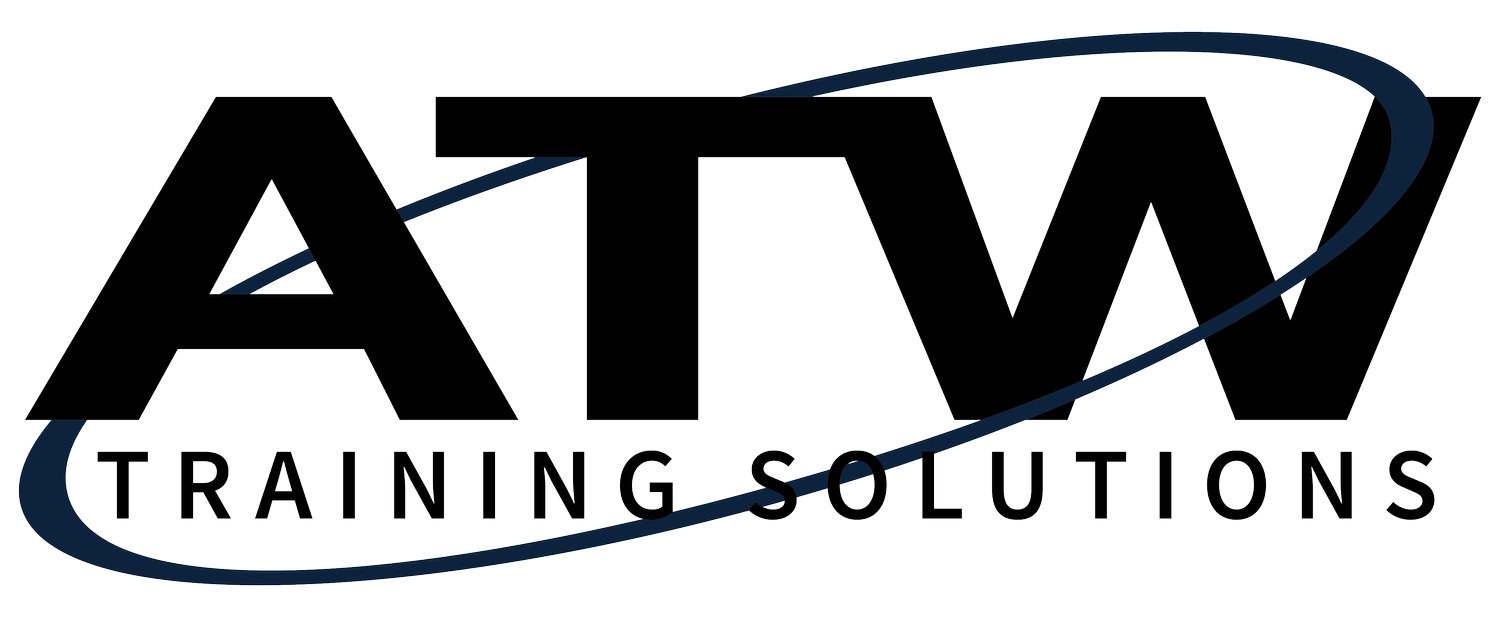Leading Accountability—Take Action
Henry Ford said most people spend more time and energy going around problems than in trying to solve them. People who are accountable don't just keep busy, they take appropriate action on the right things at the right time to ensure the desired outcomes are achieved, and they do this especially in the face of difficulty or when the going gets rough. Unfortunately, today's world is full of chaos, complexity, and change, and when this happens many will fall back into what I call their default or their comfort zones. They procrastinate on the difficult actions they should be taking and instead go with what they're comfortable with doing. In doing this, they confuse activity with results.
I was working with a leader recently that was faced with implementing some pretty significant changes in their team that really wasn't going to be accepted very positively. He continued to focus and procrastinate and instead work on activities that he believed were contributions. They were, but what he wasn't doing was taking responsibility for the desired outcomes, what he needed to do in his team's time of change. As a leader, you set the example for how to take action in a number of ways. First, always focus on the top priorities and communicate them so that others are clear about what is really important and how to align their work accordingly.
Next, do what you say that you will do, lead by example and walk the talk. Be careful not to over-promise and under deliver. Expect others to own their agreements and equip them to take all the necessary actions to be successful. Now, a word of caution. It would be easy to help your employees and have tasks land on your plate. Instead, help them grow and develop by owning the task and keeping it on their plate. It may take a bit more time, this time, but over the long term the employee's growth will save both of you time.
Provide needed guidance in the form of clear direction, timely feedback, and supportive coaching to help people keep moving towards the goal. To ensure that your people will always take the right action, at times you'll have to protect your team by respectfully declining requests that are not aligned with your objectives or that are less important than your key priorities. Be clear about the difference between what is truly important and what is less so. When you say yes to what is critically important, you would find it easier to say no to other less important requests. As you do this, you help your people be accountable by taking action on the right things.
